Elizabeth has just been through a particularly nasty breakup, and now she’s ready to leave her friends and memories behind as she chases her dreams across the country. In order […]
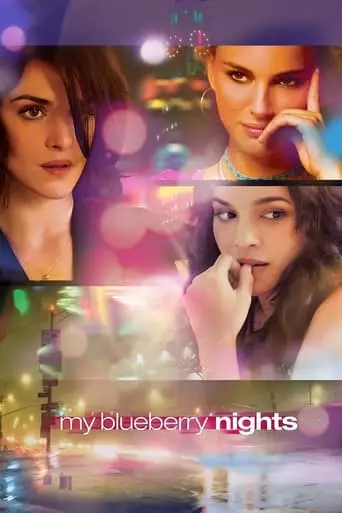
Elizabeth has just been through a particularly nasty breakup, and now she’s ready to leave her friends and memories behind as she chases her dreams across the country. In order […]
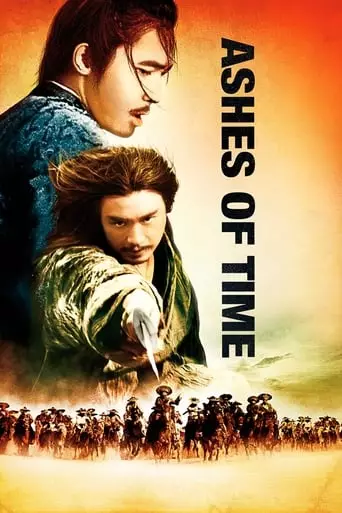
Ouyang Feng is a heartbroken and cynical man who spends his days in the desert, connecting expert swordsmen with those seeking revenge and willing to pay for it. Throughout five […]
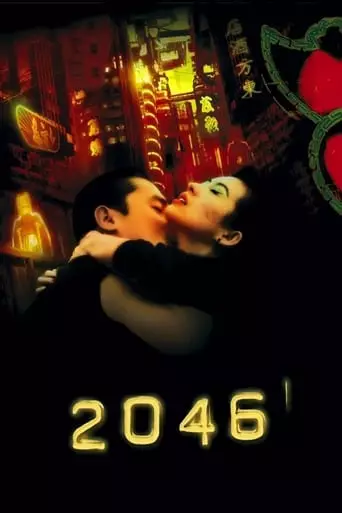
Women enter and exit a science fiction author’s life over the course of a few years after the author loses the woman he considers his one true love. Wong Kar-wai’s […]
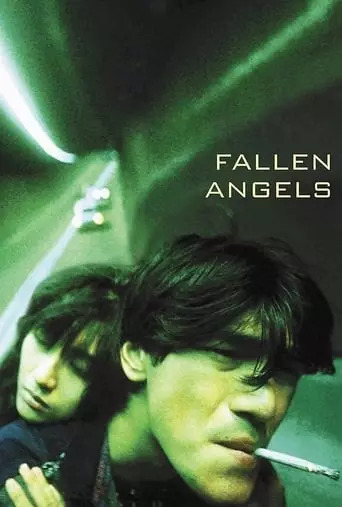
An assassin goes through obstacles as he attempts to escape his violent lifestyle despite the opposition of his partner, who is secretly attracted to him.
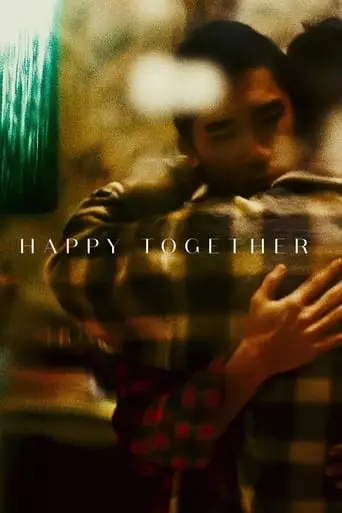
A gay couple from Hong Kong takes a trip to Argentina in search of a new beginning but instead begins drifting even further apart. Happy Together is a poignant drama […]
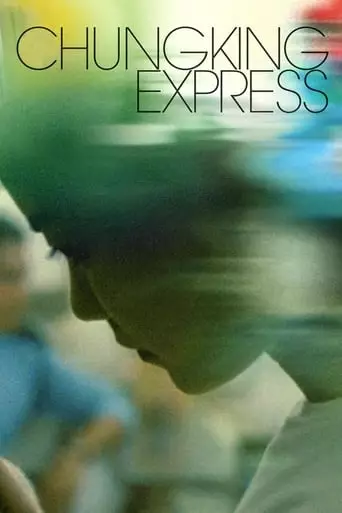
Two melancholic Hong Kong policemen fall in love: one with a mysterious underworld figure, the other with a beautiful and ethereal server at a late-night restaurant.
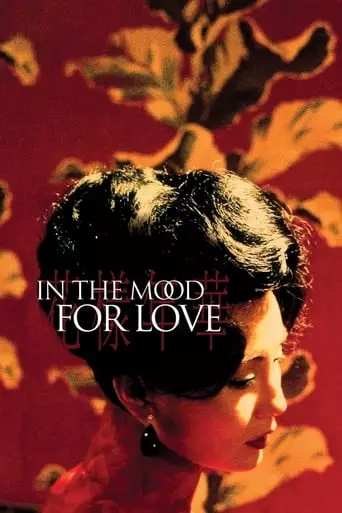
Two neighbors become intimate after discovering that their spouses are having an affair with one another.
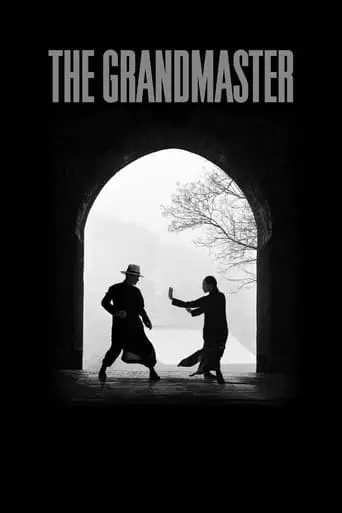
Ip Man’s peaceful life in Foshan changes after Gong Yutian seeks an heir for his family in Southern China. Ip Man then meets Gong Er who challenges him for the […]
Wong Kar-Wai: The Poet of Love, Time, and Memory
Wong Kar-Wai, born on July 17, 1958, in Shanghai, China, is one of the most influential filmmakers of contemporary cinema. Renowned for his lush visuals, evocative storytelling, and poignant explorations of love, time, and memory, Wong has earned a reputation as a cinematic poet. His films, often set against the vibrant backdrop of Hong Kong, are celebrated for their dreamy atmosphere and emotional resonance.
With iconic works like Chungking Express (1994), In the Mood for Love (2000), and 2046 (2004), Wong Kar-Wai has established himself as a visionary auteur whose impact transcends cultural and linguistic boundaries.
Early Life and Path to Filmmaking
Born in Shanghai, Wong Kar-Wai moved to Hong Kong with his family at the age of five. The transition to a new city and culture profoundly shaped his perspective, instilling in him a sense of nostalgia and longing that would later permeate his films.
Wong studied graphic design and began his career in the Hong Kong film industry as a screenwriter in the 1980s. His work on crime thrillers and melodramas allowed him to develop a strong command of narrative structure and dialogue, skills he would later subvert in his own directorial projects.
Directorial Debut: As Tears Go By (1988)
Wong’s debut film, As Tears Go By, was a gritty crime drama that drew comparisons to Martin Scorsese’s Mean Streets. While it adhered to the conventions of the Hong Kong gangster genre, Wong’s stylistic flourishes and focus on the emotional lives of his characters hinted at the distinctive voice that would define his later works.
Breakthrough with Days of Being Wild (1990)
Wong’s sophomore effort, Days of Being Wild, marked the beginning of his collaboration with cinematographer Christopher Doyle, whose vibrant, kinetic visuals became synonymous with Wong’s style.
Themes: The film explored themes of unrequited love, alienation, and the passage of time—hallmarks of Wong’s oeuvre.
Impact: Though it was a box office disappointment, the film is now regarded as a classic and a pivotal moment in Wong’s career.
International Acclaim: Chungking Express (1994)
Chungking Express catapulted Wong to international fame. The film, a dual narrative about love and loss in bustling Hong Kong, was a kaleidoscope of emotions, set to a memorable soundtrack featuring The Mamas & the Papas’ “California Dreamin’.”
Style: Wong’s use of handheld cameras, rapid editing, and vibrant colors captured the chaotic energy of urban life.
Reception: The film was a critical success and resonated with audiences worldwide, cementing Wong’s reputation as a unique voice in cinema.
Masterpiece: In the Mood for Love (2000)
Widely regarded as Wong’s magnum opus, In the Mood for Love is a meticulously crafted tale of unspoken love and missed opportunities.
Plot: The film follows two neighbors (played by Tony Leung and Maggie Cheung) who suspect their spouses are having an affair. As they grow closer, they navigate the boundaries of propriety and desire.
Visuals: Wong’s use of rich, saturated colors, slow-motion sequences, and an unforgettable score by Shigeru Umebayashi creates an atmosphere of aching beauty.
Accolades: Tony Leung won the Best Actor award at Cannes, and the film is frequently cited as one of the greatest of all time.
Recurring Themes and Aesthetic
Wong Kar-Wai’s films are characterized by their poetic sensibility and visual innovation:
Themes:
Love and Loneliness: Relationships in Wong’s films are often marked by longing, missed connections, and emotional fragility.
Time and Memory: His narratives frequently play with non-linear timelines, reflecting the fragmented and subjective nature of memory.
Urban Alienation: The bustling streets of Hong Kong serve as both a character and a backdrop, highlighting the isolation of individuals within the crowd.
Style:
Cinematography: Collaborations with Christopher Doyle brought a bold visual aesthetic, with dynamic camera movements and striking compositions.
Music: Wong’s soundtracks, featuring a mix of classic Western and Asian songs, evoke a deep emotional resonance.
Mood Over Plot: Wong prioritizes atmosphere and emotional tone over conventional storytelling, resulting in films that feel like vivid dreams.
Other Notable Works
Fallen Angels (1995): A dark, fragmented exploration of urban life, often seen as a companion piece to Chungking Express.
Happy Together (1997): A groundbreaking LGBTQ+ love story set in Argentina, which earned Wong the Best Director award at Cannes.
2046 (2004): A semi-sequel to In the Mood for Love, delving into themes of memory, love, and futurism.
Legacy and Influence
Wong Kar-Wai’s influence on cinema is vast, inspiring directors such as Sofia Coppola, Barry Jenkins, and Damien Chazelle. His ability to capture the nuances of human emotion with such vivid artistry has made him a cultural icon.
Conclusion
Wong Kar-Wai’s films are more than just cinematic experiences—they are emotional journeys that linger in the mind long after the credits roll. Through his exploration of love, time, and the fleeting beauty of human connection, Wong has created a body of work that transcends borders and continues to resonate with audiences worldwide.